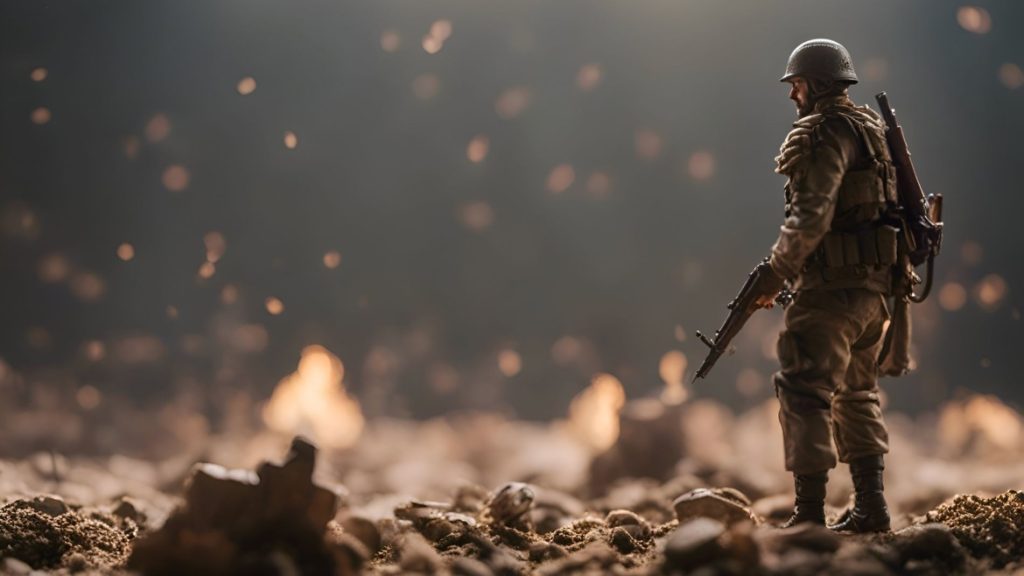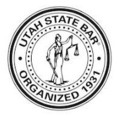
For both physical and mental injuries it’s well worth proving that the injury was proved in combat since there are relaxed standards for in service incurrence of injury when an injury is sustained during combat with the enemy during active service. 38 USC 1154(b). The rules for proof as to whether combat with the enemy occurred are relatively veteran friendly in that absolute proof often isn’t available but can be sufficiently proven with other types of evidence. For instance, the VA isn’t required to just accept the veteran’s statement on this issue at face value, however such statements must be weighed and considered. More to the point, the CAVC has found that the VA can’t just find that the statements aren’t credible or entitled to weight merely due to the lack of corroborating evidence. While such evidence is highly encouraged it won’t always be available.
The veteran and their advocate should absolutely do all they can to develop this corroborating evidence such as definitive forms of service records or any decorations, medals, or badges related to combat. Not having any of these things doesn’t mean combat can’t be proven and VA can’t require these things. The VA normally wouldn’t deny such cases since such evidence is relatively irrefutable. Other less obvious forms of evidence would be hazardous duty pay or other pay records or other documentary evidence that the veteran’s base was attacked when they were there. The latter wouldn’t provide absolute proof but would be supportive to any lay statement. The BVA/VA must consider all submitted evidence on this issue while giving the veteran the benefit of the doubt. Things like buddy statements should be provided and in addition the VA has an increased duty to assist veterans where evidence is said to have been destroyed or no longer available. So long as the statement is credible, is consistent with the general circumstances of service and there is no other credible evidence that would contradict this statement then the statement would generally be accepted or should at least.
Other problems could arise if the VA doesn’t consider certain forms of activity as combat against the enemy under 1154(b). Some form of receipt or sending of fire may be required based on relevant cases since just being in a general combat zone may not be sufficient but will be determined on a case-by-case basis.




